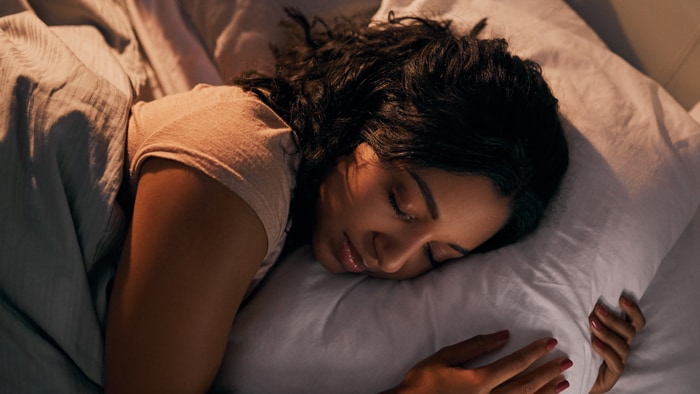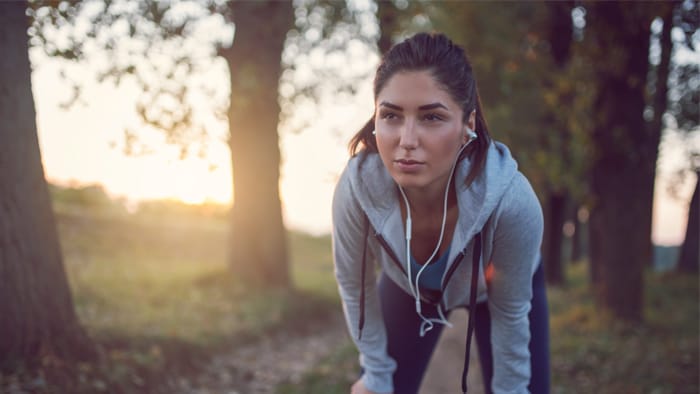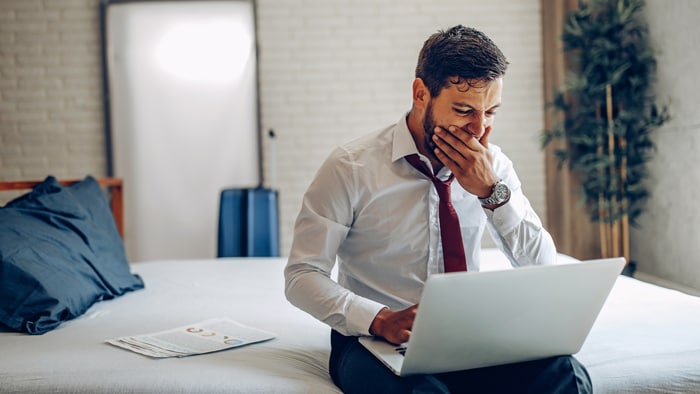Answering the alarm clock? You could be experiencing sleep drunkenness
By Jennifer Nelson Ever pick up the alarm clock to answer a phone call in the middle of the night? Or get up out of bed and think you’re heading to work in the wee hours of the morning? If you have, you may suffer from sleep drunkenness. This little-known sleep disorder affects one in seven people and involves confusion or inappropriate behavior while you’re waking from sleep. A study in the journal Neurology found sleep drunkenness occurs mostly during the first part of the night or close to morning and is triggered by a sudden arousal from sleep. “Sleep drunkenness refers to any situation where the arousal causes confusion; in other words, when people wake up and they’re doing things they are not completely aware of, or they’re aware but don’t remember,” said Dr. Michael Friedman, a sleep expert at Chicago ENT, Advanced Center for Specialty Care. The disorder used to be referred to as Confusion Arousal. Nearly 20,000 people over 18 were surveyed about their sleep habits. The study found 15 percent have had a sleep drunkenness episode within the past year, and of those, half have them at least once a week. People with a history of sleep disorders such as sleep apnea, those with mental health disorders and people taking antidepressants were most at risk, according to the study. Dr. Friedman noted it’s important to differentiate sleep drunkenness from parasomnias, which are episodes of doing abnormal things during sleep such as sleep eating or sleepwalking and act out when they are fully asleep. Normally muscles are paralyzed during REM sleep, which prevents movement and acting out dreams; however, in people with REM disorders, muscles aren’t paralyzed, allowing them to act on their dreams dangerously. During a parasomnia episode, the person is fully asleep and it can last five minutes or longer. Sleep drunkenness, however, happens in the brief transition from sleep to arousal and lasts only 30 seconds to a minute. “Sleep drunkenness is a little less dangerous potentially but people can still get out of bed, fall, trip, hurt themselves or someone else,” Friedman said. It’s crucial to get any type of confusion or inappropriate behavior during sleep checked out. Not much is known yet about treating sleep drunkenness or whether it’s pathological or some type of normal transition state during sleep. But people who log shorter or longer than the average six to eight hours of nightly sleep, experience sleep disorders, have anxiety or bipolar disorder, taking antidepressants or suffering jet lag should be aware they are at greater risk for sleep drunkenness. Petting your slippers and carrying them to the kitchen for a bowl of milk instead of the cat may be seem funny, but it could spell a potential sleep problem.



